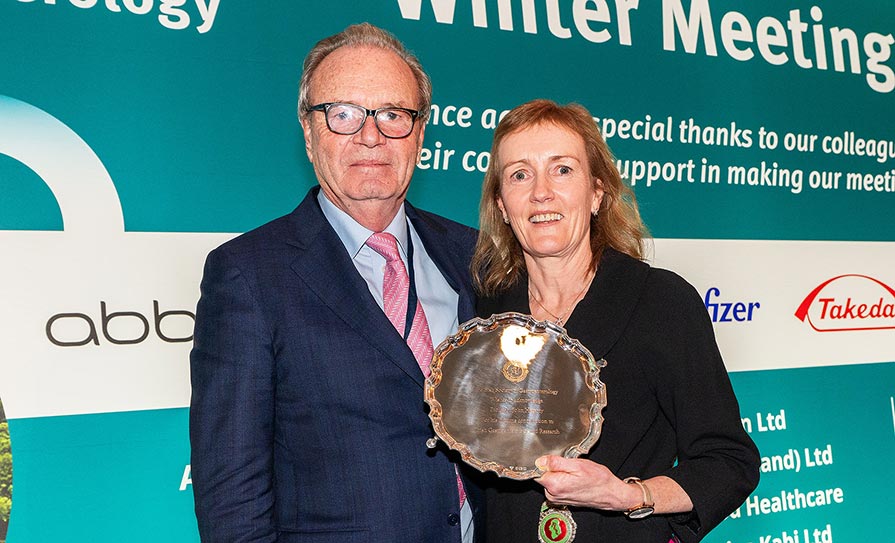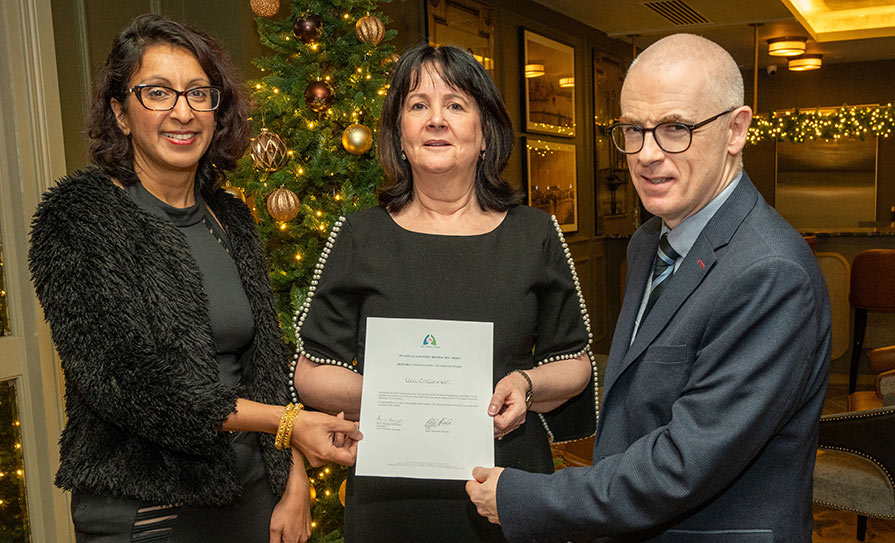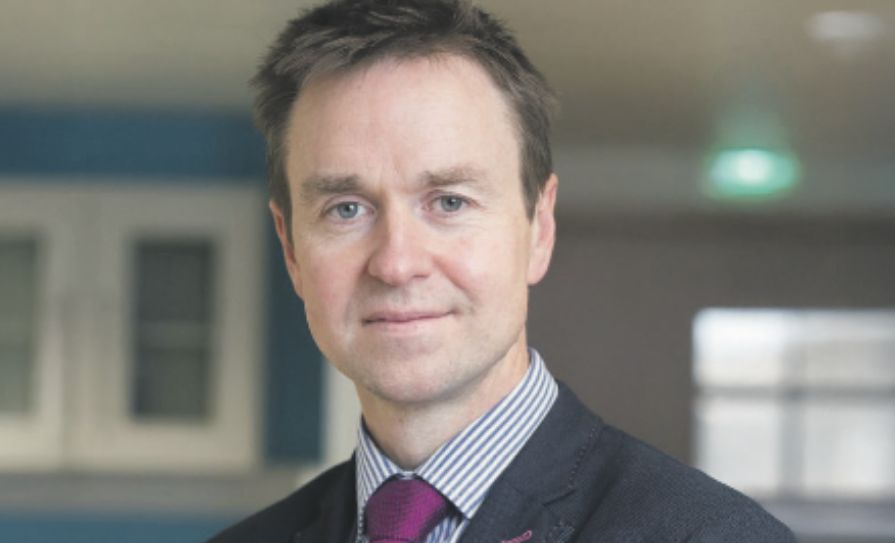Many people in Ireland requiring methadone treatment travel to Dublin and “become homeless” in order to access services because of local unavailability, a leading inner-city GP has said.
Delivering the Gertrude Ronan Foundation Lecture at the ICGP annual conference in Dublin, Dr Austin O’Carroll said “we’ve all seen this working in this area in Dublin; many people coming up, becoming homeless to get treatment for their drug addiction. I think that is the biggest disgrace in general practice in today’s world.”
“That is exclusion,” Dr O’Carroll continued. “There are over 2,500/3,500 GPs in Ireland, there are 1,836 trained level 1 GPs and 192 trained at level 2, yet there were only 282 practising level 1 doctors and 83 practising level 2. I think this is causing severe hardship and death.”
Dr O’Carroll gave the tragic example of a woman in her early 20s who came to Dublin for treatment. “She was a mother of a four-year-old child who travelled up from a town down the country and she couldn’t obtain methadone treatment for her drug addiction in her local town. She became homeless on the streets of Dublin so she could access our homeless methadone service. We got her on to methadone and she did very well. We got a pharmacy in the local town to dispense to her and she came up to us once a week. We couldn’t get a GP to actually issue a prescription in her local town.”
He added: “What we didn’t know was when she visited once a week, she stayed in a homeless hostel, and one night she came up and was sexually assaulted in that homeless hostel. She was so traumatised she took to the streets and she died of an overdose three weeks later.”
Dr O’Carroll maintained this woman “would still be alive today” if treatment had been accessible via a GP locally. He urged GPs to consider taking on a patient for methadone treatment in their practice.
The Dublin GP focused his talk on a blame culture that affects both marginalised groups and doctors.
He said people who presented to healthcare with challenging behaviours had often been affected by adverse childhood experiences (ACEs). “The risks of experiencing ACEs hugely increase by being born into poverty.”
Dr O’Carroll said: “We as doctors know what it is like to feel blamed — we know the anxiety, the fear and the overwhelming shame, so why do we blame patients?”
Noting that most people with personality disorder came from areas of deprivation, he said: “This is the perverse injustice of personality disorder — it’s caused by social inequity and we say, ‘it’s your personality… ’ If we had any decency, we’d say it’s social inequity disorder.”












Leave a Reply
You must be logged in to post a comment.